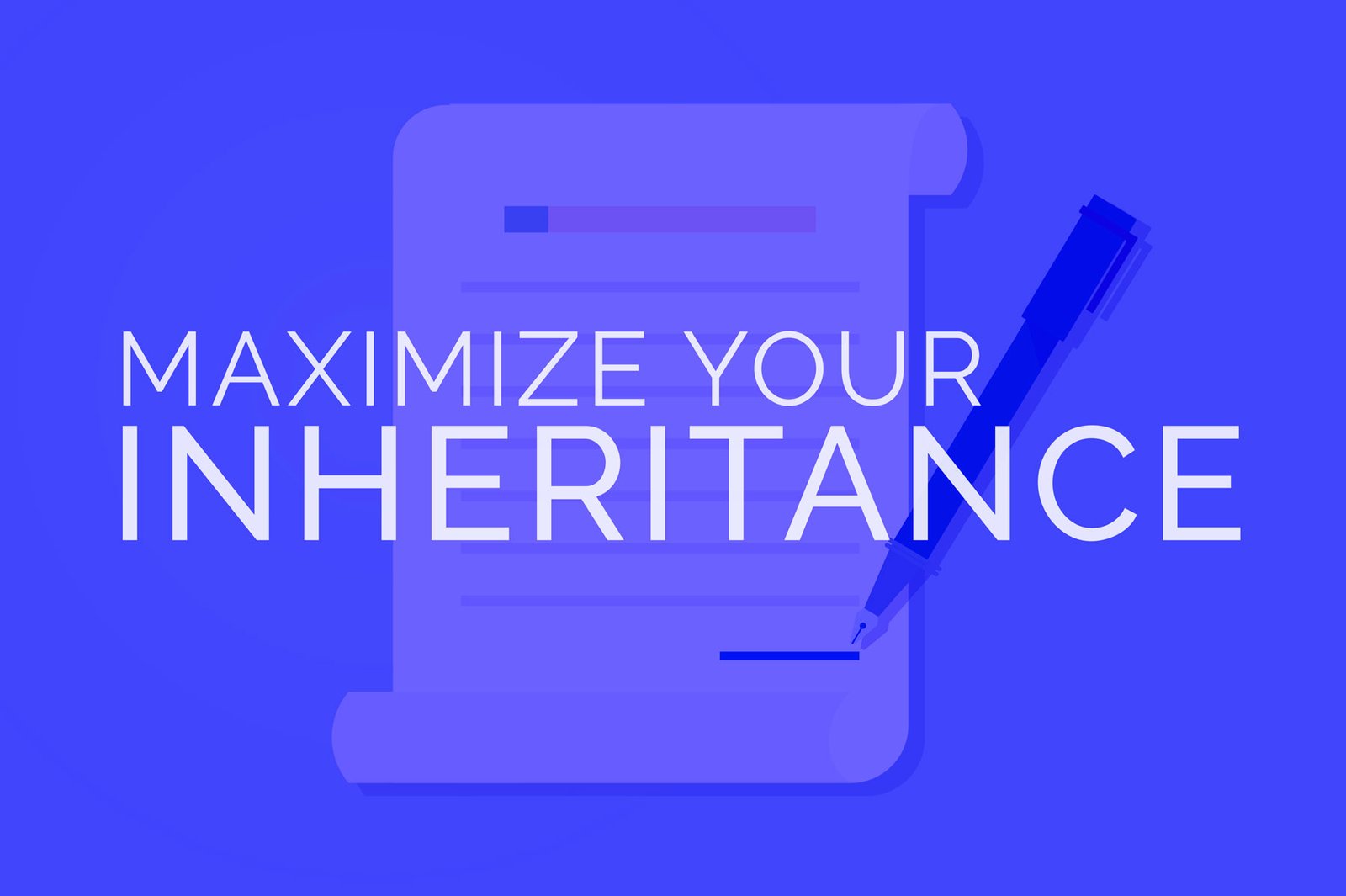Imagine receiving a long-awaited inheritance, only to be surprised by a hefty tax bill. This scenario is all too common for many beneficiaries who, after the initial joy of inheriting assets, face the complex reality of taxes. Understanding the tax implications of your inheritance is crucial to maximizing its value and ensuring that taxes do not erode your newfound wealth.
In some jurisdictions, there is no inheritance tax, while in others, it can be significant. Even if your inheritance is not subject to inheritance tax, other taxes, such as capital gains tax and required minimum distributions (RMDs), can still apply. Therefore, being informed about these potential pitfalls is essential for any beneficiary.
Table of Contents
Tax Pitfalls for Inherited Assets
Capital Gains Taxes and Asset Basis
One of the primary tax considerations for inherited assets is capital gains tax. When you inherit assets such as stocks, real estate, or other investments, the cost basis (the original value of the asset for tax purposes) is crucial in determining the capital gains tax you will owe upon selling the asset.
Fortunately, inherited assets often benefit from a “stepped-up basis.” This means that the cost basis of the asset is adjusted to its fair market value at the time of the original owner’s death. For example, if you inherit a house that was originally purchased for $100,000 but is worth $300,000 at the time of the owner’s death, the stepped-up basis would be $300,000. If you sell the house for $320,000, you would only owe capital gains tax on the $20,000 increase in value, not the entire $220,000 appreciation since the original purchase.
The stepped-up basis can significantly reduce the capital gains tax liability for beneficiaries. However, the decision to sell or hold inherited assets should be carefully considered, as holding the assets may have different tax implications and potential for future growth.
Required Minimum Distributions (RMDs) on Inherited Retirement Accounts
Inherited retirement accounts, such as IRAs and 401(k)s, come with their own set of tax rules. When you inherit a retirement account, you are required to take RMDs, which are mandatory withdrawals that must be taken annually.
The rules for RMDs on inherited retirement accounts vary depending on your relationship to the deceased and the type of account. For example, a non-spouse beneficiary must generally begin taking RMDs the year following the account owner’s death and must withdraw the entire account within ten years. These withdrawals are subject to income tax, which can create a substantial tax burden if not managed properly.
To minimize the tax impact, consider strategies such as spreading the withdrawals over the maximum period allowed. This can help manage the taxable income each year. Additionally, converting an inherited traditional IRA to a beneficiary Roth IRA, if eligible, can provide tax-free growth and withdrawals in the future. However, it’s important to note this strategy requires paying taxes upfront on the converted amount.
Unforeseen Debts and Taxes on the Estate
Another critical consideration is the potential for unforeseen debts and taxes on the estate. As a beneficiary, you may be responsible for paying any outstanding debts and taxes owed by the deceased. This responsibility can affect the net value of your inheritance.
Understanding the full financial picture of the estate is essential before accepting an inheritance. This includes identifying any debts, unpaid taxes, and other liabilities that may need to be settled. Working with the executor of the estate and a financial advisor can help clarify these obligations and ensure that you are fully aware of the financial responsibilities associated with your inheritance.
Smart Strategies for Managing Inherited Assets
Consult with a Tax Professional
Navigating the tax complexities of inherited assets can be challenging. Therefore, consulting with a tax professional is highly recommended. A tax advisor can provide personalized guidance on the tax implications of your inheritance. They can also help you develop strategies to minimize your tax liability.
Working with a financial advisor in conjunction with a tax professional can offer additional benefits. While a tax professional focuses on tax strategies, a financial advisor can help you create a comprehensive plan for managing and investing your inherited assets. Together, these professionals can ensure that your inheritance is handled efficiently and aligns with your long-term financial goals.
Understand Your Risk Tolerance and Investment Goals
Inherited assets can significantly impact your financial situation, so it’s essential to consider your risk tolerance and investment goals. Your risk tolerance—your ability and willingness to endure market volatility—should guide your investment decisions. For example, if you are a conservative investor, you may prefer lower-risk investments, like bonds, that provide stability and income.
On the other hand, if you have a higher risk tolerance and a longer investment horizon, you might consider more aggressive growth-oriented investments, such as equities. Diversifying your investments across different asset classes can help manage risk while optimizing returns.
Consider Tax-Efficient Investment Options
Tax-efficient investing is crucial for maximizing the value of your inherited assets. Utilizing tax-advantaged accounts, such as IRAs and Roth IRAs, can help minimize future tax liabilities. Contributions to traditional IRAs may be tax-deductible, reducing your taxable income in the year of contribution. Alternatively, Roth IRAs offer tax-free growth and withdrawals if certain conditions are met.
Additionally, consider strategies such as tax-loss harvesting. This involves selling investments that have lost value to offset gains from other investments, thereby reducing your overall tax liability. Working with a financial advisor can help identify and implement these tax-efficient strategies.
Plan for Potential Long-Term Care Costs
As you manage your inherited assets, it’s essential to plan for potential long-term care costs. The cost of long-term care, such as nursing home or in-home care, can be significant and may have tax implications.
Using inherited assets to cover long-term care expenses can impact your tax situation. For example, withdrawals from retirement accounts to pay for long-term care are taxable as ordinary income. Planning and saving for future healthcare needs through tax-advantaged accounts, such as Health Savings Accounts (HSAs), can provide tax-free funds for qualified medical expenses.
In Conclusion
Receiving an inheritance can be a life-changing event. But it’s also essential to approach it with careful tax planning to maximize its value. By understanding the tax implications, consulting with professionals, and implementing smart strategies, you can navigate inheritance complexities. This will ensure that taxes do not eat into your inheritance.
Proactive tax planning is crucial when managing inherited assets. Seek professional guidance to develop a comprehensive plan that aligns with your financial goals and minimizes your tax liability. To assist you further, consider scheduling a free consultation with a financial advisor or exploring additional resources to enhance your understanding of inheritance tax planning.


